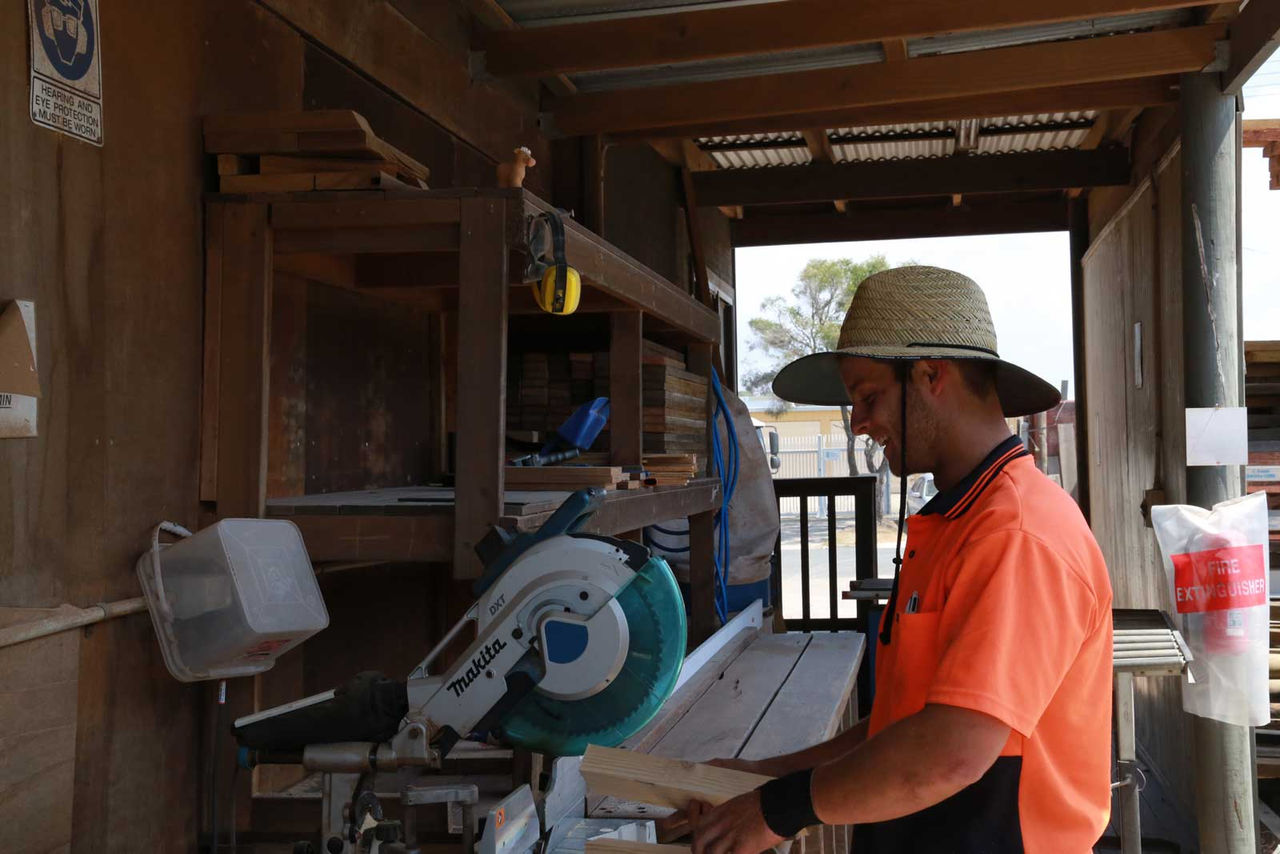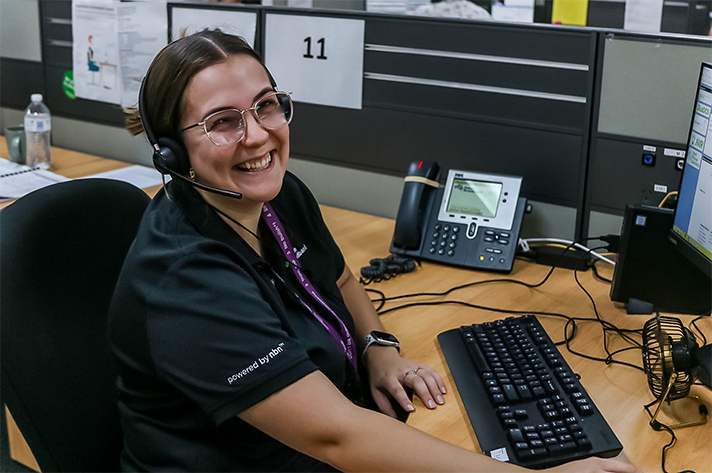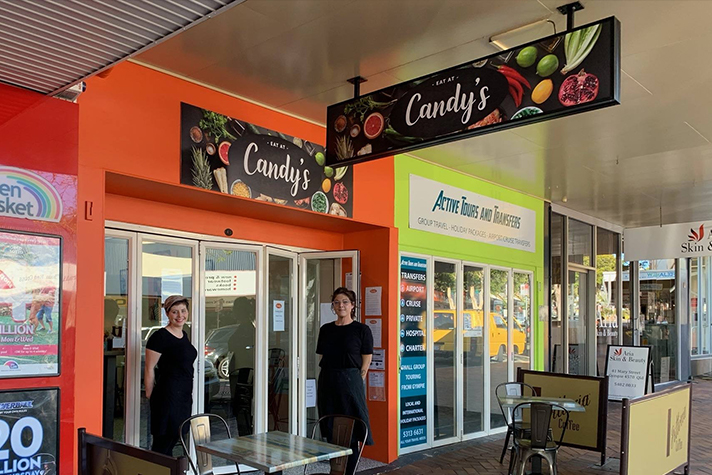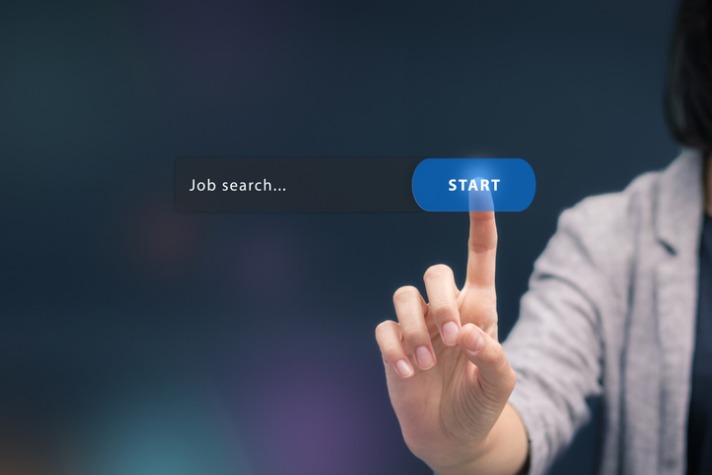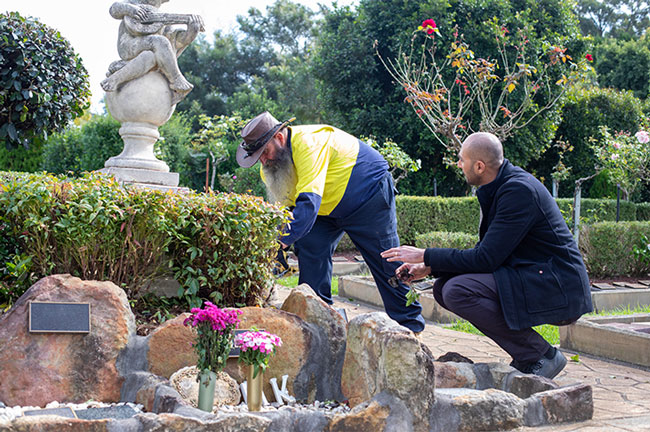Navigating Disability and Mental Health with Ex-offenders
Published by MAXSolutions on May 29, 2024
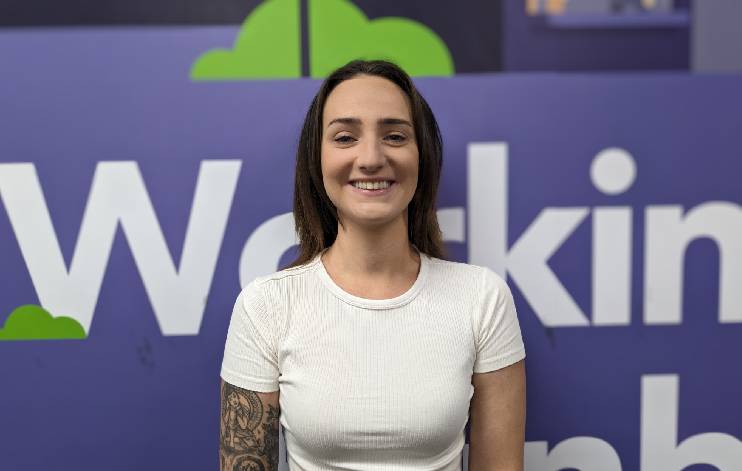
MAX Job Coach Tory-Paige Cartiledge who has a background in psychology helps place customers, especially those just released from prison, into jobs.
Approximately 1 in every 10 soon-to-be-released prisoners in Australia lives with an intellectual disability. Recidivism among this group is also elevated compared with the general ex-offender demographic. (Source: Criminology Research Advisory Council https://www.aic.gov.au/sites/default/files/2020-05/26-1314-FinalReport.pdf)
Tory-Paige Cartledge is a MAX Job Coach with a Bachelor’s degree in psychology. Her work involves placing customers, particularly those just released from prison, into jobs. She also has experience as a residential youth development professional with children and adolescents with trauma backgrounds, and behavioural and psychological challenges. This expertise in recognising symptoms of a mental health condition or disability informs Tory-Paige on how to create the most effective plan to help customers.
We interviewed Tory-Paige about underlying psychological factors, particularly intellectual disability, on people who have been incarcerated, and how MAX assists this cohort successfully transition into the workforce.
Can you explain what barriers to employment and some common underlying psychological factors that may affect ex-offenders, particularly those with intellectual disability?
Childhood trauma and undiagnosed psychological disorders (anxiety, depression, bipolar, borderline personality disorder, ADHD, oppositional defiant disorder etc.) are a barrier to employment we see quite often. With limited support networks available to them, together they make finding and keeping employment difficult for ex-offenders. Depending on the length of time incarcerated, there is often significant anxiety and they can feel overwhelmed upon release.
For some people with disability, the NDIS has been transformative, providing supports to achieve their goals. However, many people with disability have issues accessing the NDIS, navigating its complex processes, and using their plans.
How does MAX tailor support for individuals who have been previously incarcerated and live with a disability to access the scheme?
With customers who have previously been incarcerated, we generally reduce their requirements right down to 0 to accommodate for limited access/understanding of technology. Things have changed in the jobs market and they don’t always have the skills to interact with employers.
In order to get the best service and support possible, they often need an assessment from Centrelink. So we often help them to make sure their medical evidence is all accessible and that they can take the documents to Centrelink and request an assessment.
What role does motivation play in helping individuals successfully transition into the workforce?
Motivation is the most important element. The Bunbury Regional Pre-Release Prisoner Program has been great for us to build rapport with our customers before they are released and work on building motivation before they are ready to start work.
Once they are released from prison and their motivation is high, we tend to get the best results. We maintain that motivation by keeping morale high with a lot of encouragement and positive feedback. Our attitudes as Job Coaches is important too; if we are positive and high-energy and engaged, our customers tend to follow suit.
Once in employment we provide post-placement support and make sure everything at work is going well and facing challenges and hurdles together. This often includes helping with communication with the employer - to help bridge the gap and ensure understanding on both sides when there are issues to manage.
What are some practical steps that you take in helping customers find employment?
For customers who have limited computer skills, I sit with them on a computer as they work through job sites like SEEK and Indeed. We work through the application process together, making sure they complete the varying requirements from different job adverts.
Another way of job searching that I’ve found successful is taking customers around and completing resume drops and cold canvassing together. We print off a handful of resumes and go to companies of interest to make face-to-face introductions and hand in resumes. I can then follow up with the employer later to see if there has been any progress.
Sometimes, we call an employer direct, discuss the vacancy of interest, and advocate for our customers. If the role is suitable and the customer seems to be a good fit, we can then organise an interview with the employer. Generally, these are successful as we can build a foundation for what is to be expected in the interview process and can prepare our customers.
Share
Tags
Found this useful?
Help and advice
Our blogs are about helping people seek the information that they need for their steps in the workforce.




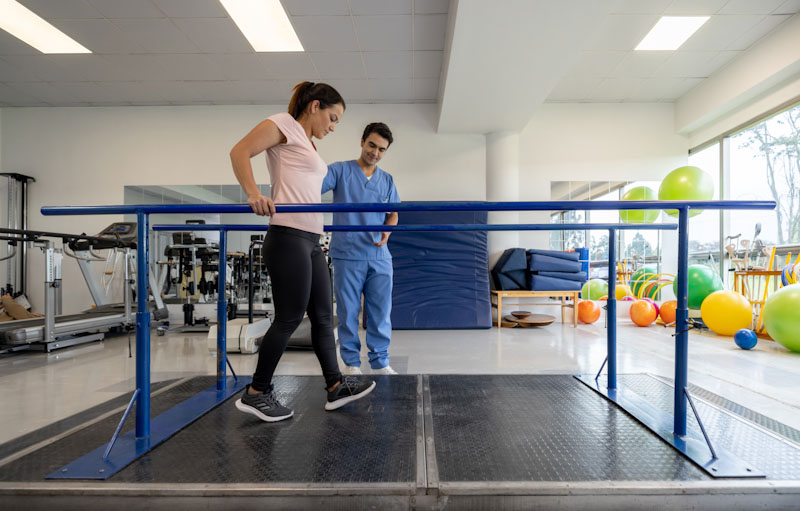



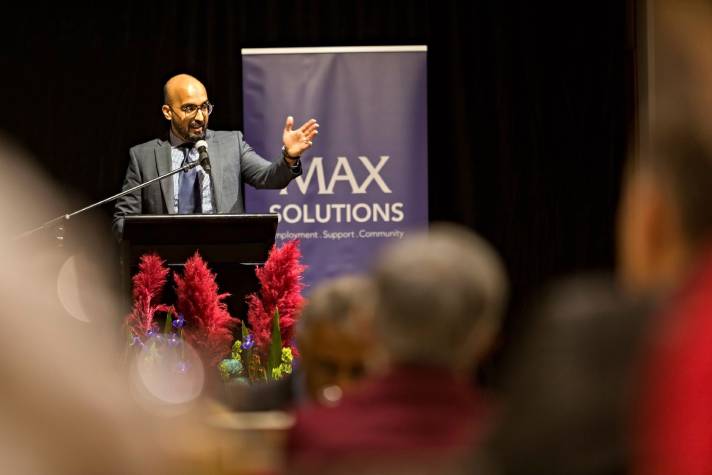





_1.jpg)




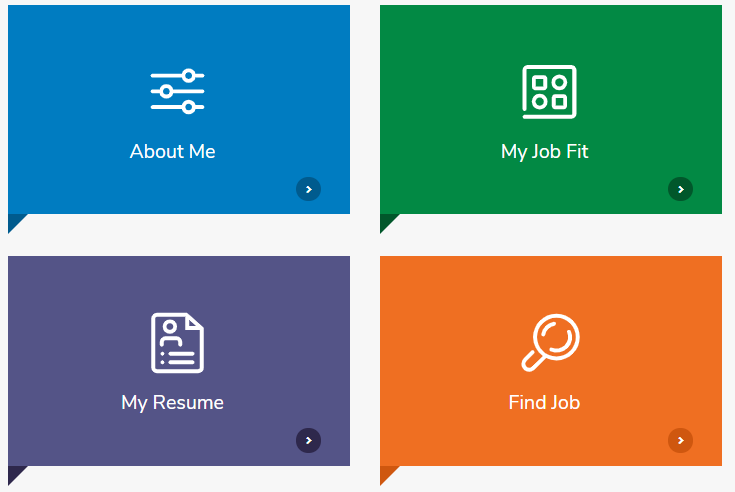

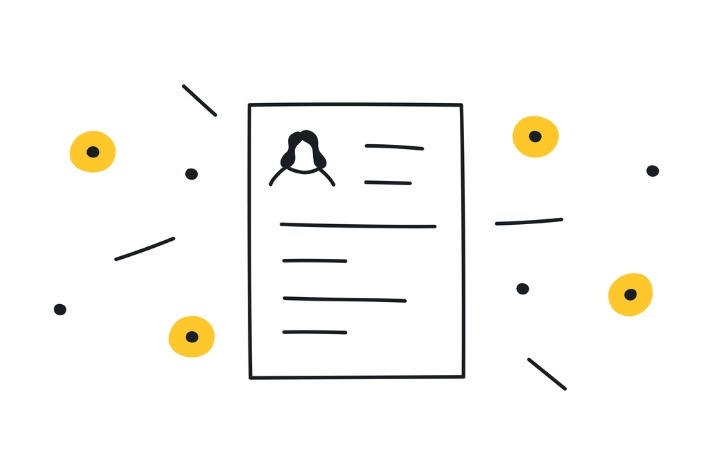


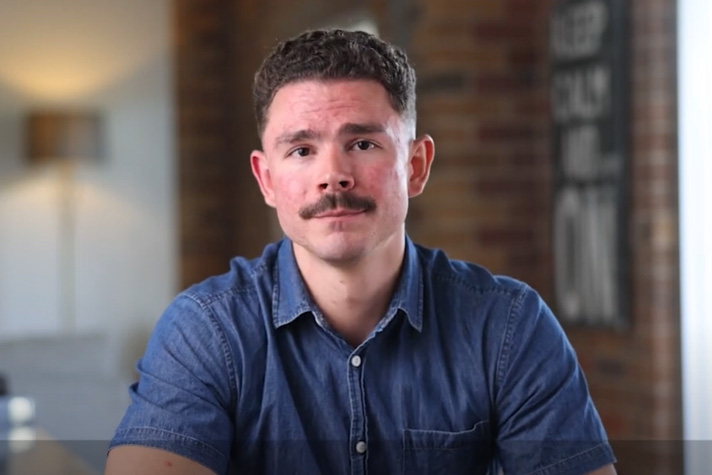
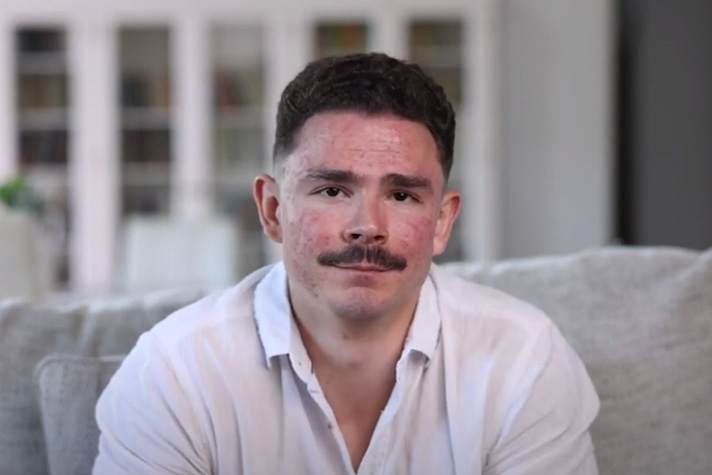

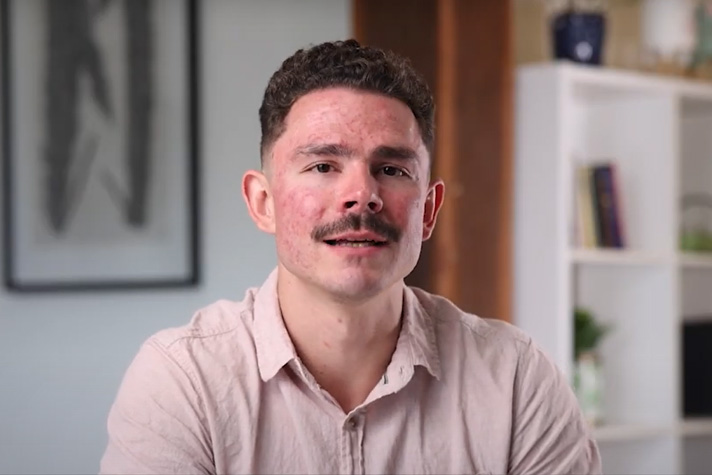
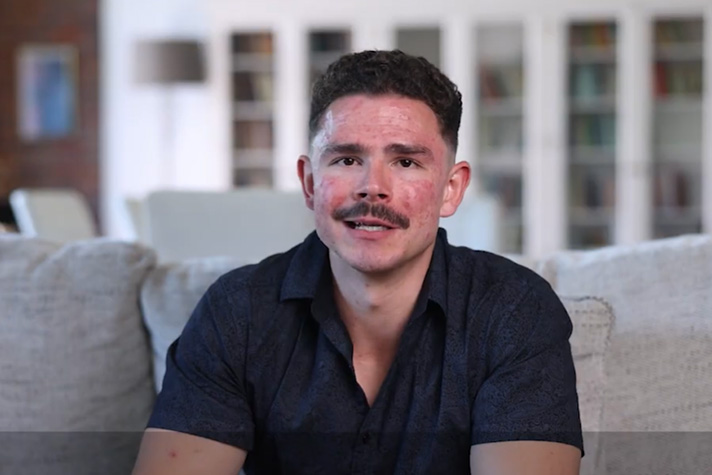





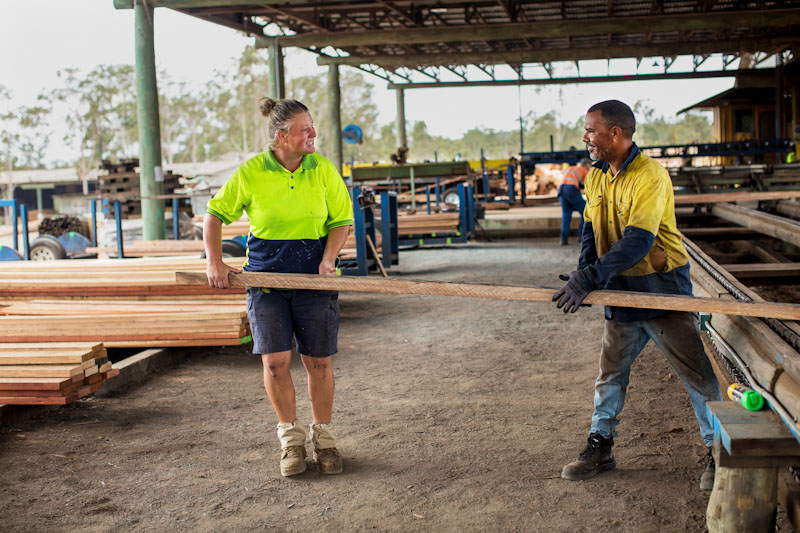









.jpeg)
